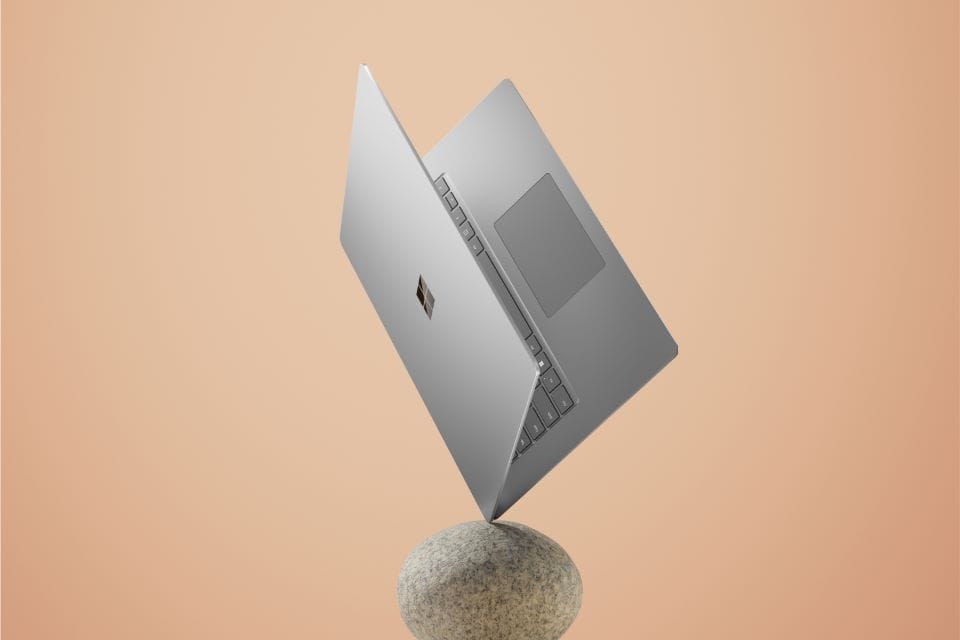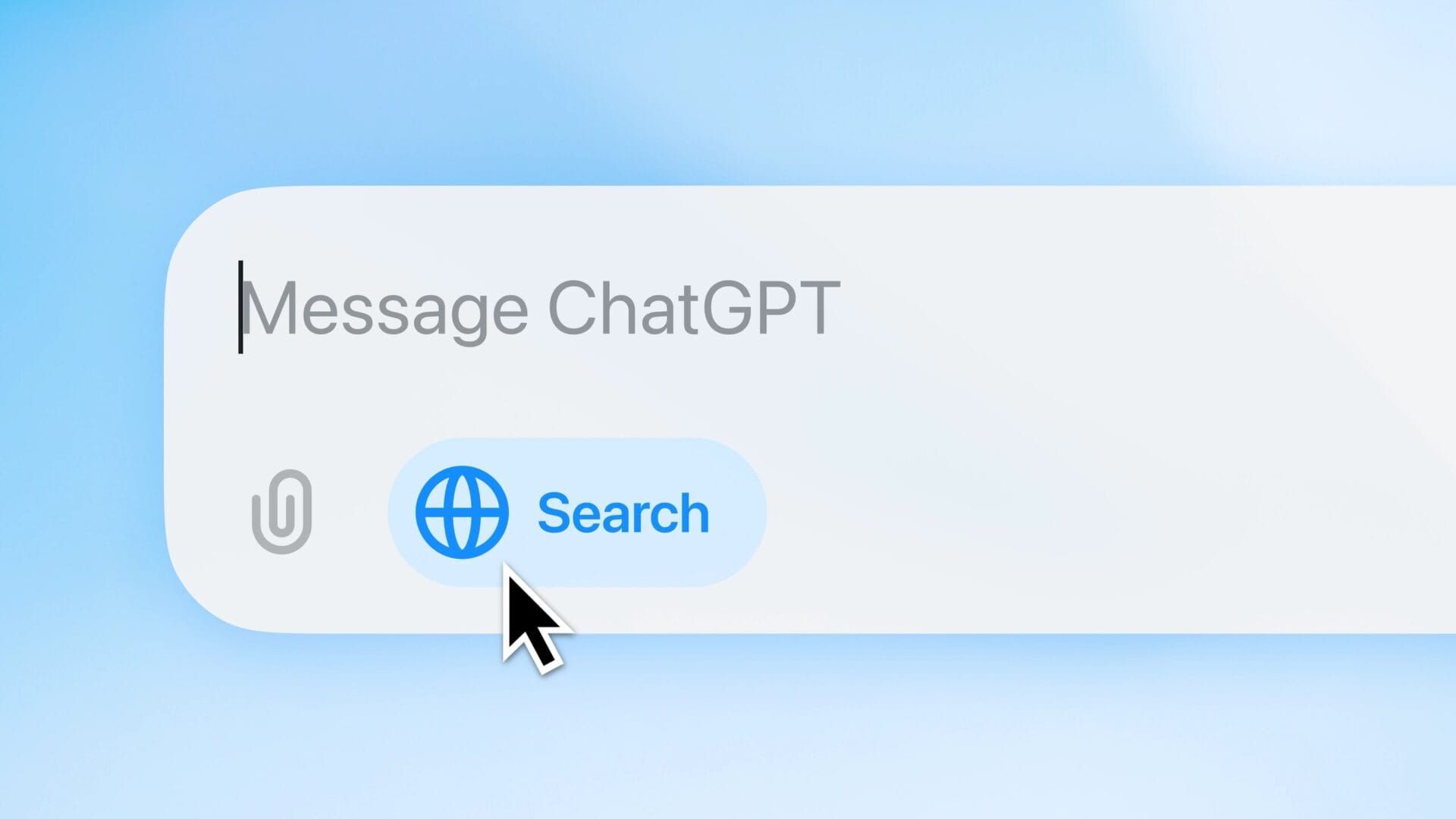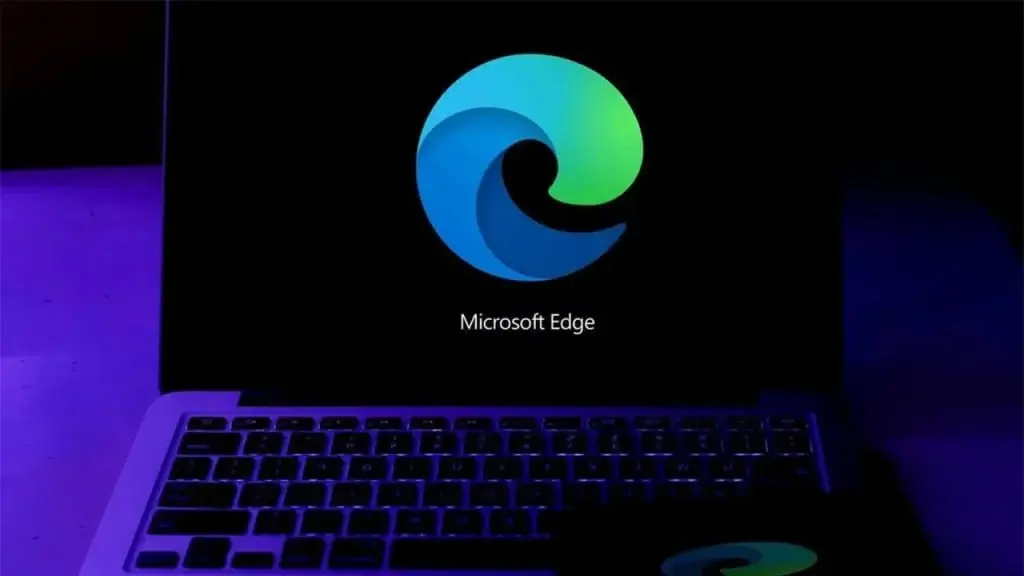Microsoft AI CEO Mustafa Suleyman forecasts that within the next three to five years, conversational AI will take over as the main way for users to interact with online content, replacing traditional web browsers.
Changing the Landscape of Online Interaction
In a recent chat with The Verge, Suleyman expressed his views on how interfaces powered by AI could transform the way we search and explore the internet. He criticized classic search engines, highlighting that their dependence on structured searches and the outdated "10 blue links" approach is no longer effective.
Progress in AI Development
Suleyman is in charge of Microsoft’s consumer products like Bing, Edge, MSN, and Copilot. His team is making strides in minimizing AI hallucinations, a significant hurdle in creating more dependable AI interactions. The long-term collaboration between Microsoft and OpenAI is driving these enhancements forward.
A Cautious Perspective on AGI
Regarding artificial general intelligence (AGI), Suleyman takes a more measured view compared to some of his peers in the industry. While OpenAI’s Sam Altman believes AGI could be imminent with current technologies, Suleyman predicts it will take between two to ten years. He characterizes AGI not as superintelligence but rather as a system capable of performing most knowledge-based tasks efficiently.
Distinct Personalities in AI Companions
Microsoft’s approach focuses on crafting AI companions that possess unique personalities and emotional intelligence. Suleyman is confident that these attributes will differentiate their products in a competitive landscape. Apple stands as a formidable rival, leveraging its dominance over iOS distribution channels to maintain a strong position.
The Shift Towards AI Interfaces
These advancements indicate a definitive shift towards AI-driven interfaces, with companies like Google and OpenAI also exploring similar initiatives, such as Google’s Jarvis and possible ChatGPT-boosted browsers.
Source: Link





